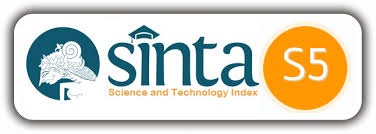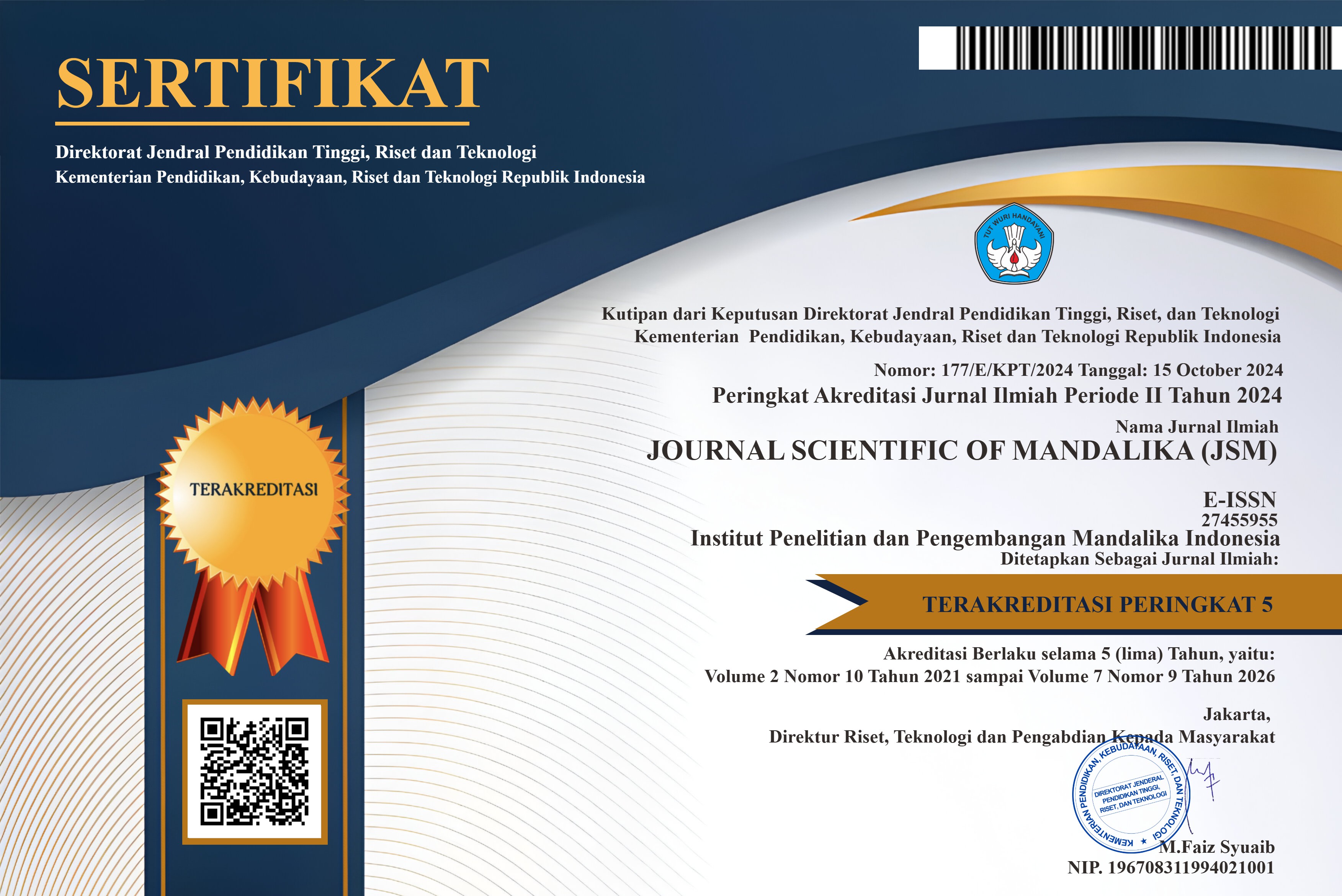Dilema Program Adiwiyata: Antara Idealitas dan Realitas Implementasi di Kepulauan Riau
Abstract
This article examines the implementation dilemma of the Adiwiyata Program in Riau Islands Province, focusing on the gap between policy ideals and actual practice. Employing a qualitative approach with the CIPP evaluation model (Context, Input, Process, Product), the study evaluates policy, planning, implementation, and outcomes of the program. Data were collected through in-depth interviews, observations, and document analysis. The findings reveal that while the policy framework complies with standards, the planning, implementation, and outcomes are yet to be optimized. Major issues include inconsistency in execution, weak stakeholder coordination, and ineffective assessment of Adiwiyata schools. This study contributes theoretically to the evaluation of environmental education policy and offers strategic recommendations for strengthening program governance at the provincial level. The novelty of this research lies in its focus on provincial-level evaluation, contrasting with previous studies centered on schools. The findings are expected to inform the development of more effective and sustainable environmental education policies.
References
Dunn, W. N. (2018). Public policy analysis: An integrated approach (6th ed.). Routledge.
Fullan, M. (2007). The new meaning of educational change (4th ed.). Teachers College Press.
Iswari, R. D., & Utomo, S. W. (2017). Evaluasi penerapan program Adiwiyata untuk membentuk perilaku peduli lingkungan di kalangan siswa: Kasus SMA Negeri 9 Tangerang Selatan dan MAN 1 Serpong. Jurnal Ilmu Lingkungan, 15(1), 35–41. https://doi.org/10.14710/jil.15.1.35-41
Kementerian Lingkungan Hidup dan Kehutanan Republik Indonesia. (2020). Laporan tahunan program Adiwiyata nasional. KLHK.
Permen LH No. 5 Tahun 2013 tentang Pedoman Pelaksanaan Program Adiwiyata.
Pradini, I. K., Sujanto, B., & Nurjannah. (2018). Implementasi program sekolah Adiwiyata dalam peningkatan mutu pendidikan di SDN Tanah Tinggi 3 Kota Tangerang. Jurnal Green Growth dan Manajemen Lingkungan, 7(2), 122–132. https://doi.org/10.21009/jgg.072.03
Stake, R. E. (2002). Evaluation methods in education. Sage Publications.
Sterling, S. (2010). Transformative learning and sustainability: Sketching the conceptual ground. Learning and Teaching in Higher Education, 5, 17–33.
Stufflebeam, D. L., & Coryn, C. L. S. (2014). Evaluation theory, models, and applications (2nd ed.). Jossey-Bass.
Susilowati, I. W., Wilujeng, I., & Hastuti, P. W. (2018). Growing environmental literacy towards Adiwiyata schools through natural science learning based on pedagogy for sustainability. Journal of Science Education Research, 2(2), 97–100. https://doi.org/10.21831/jser.v2i2.22480
Tompodung, T. C. G., Rushayati, S. B., & Aidi, M. N. (2018). Effectiveness of Adiwiyata programme towards sustainable living behaviour at Depok City. Jurnal Pengelolaan Sumberdaya Alam dan Lingkungan, 8(2), 170–177. https://doi.org/10.29244/jpsl.8.2.170-177
World Bank. (2022). World Development Report 2022: Environmental sustainability and development. World Bank Group.
Copyright (c) 2025 Muhammad Yunus, Mulia Wiwin

This work is licensed under a Creative Commons Attribution-ShareAlike 4.0 International License.














